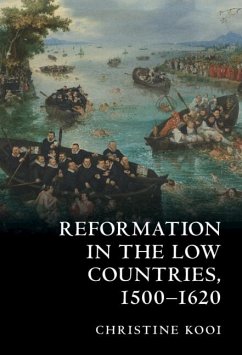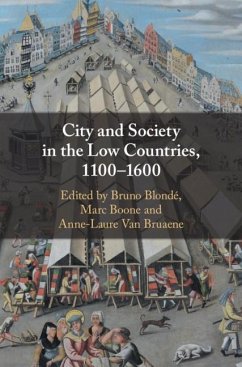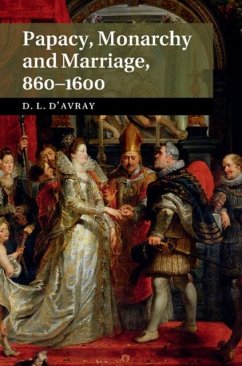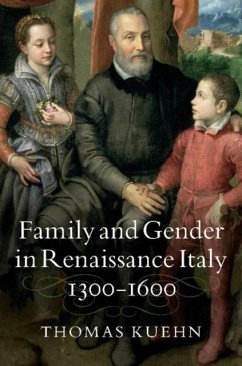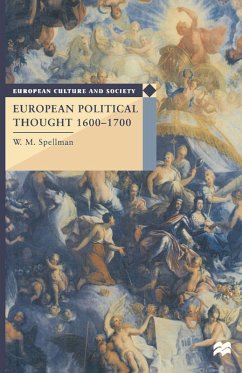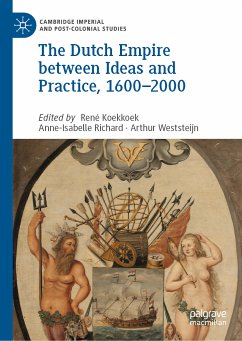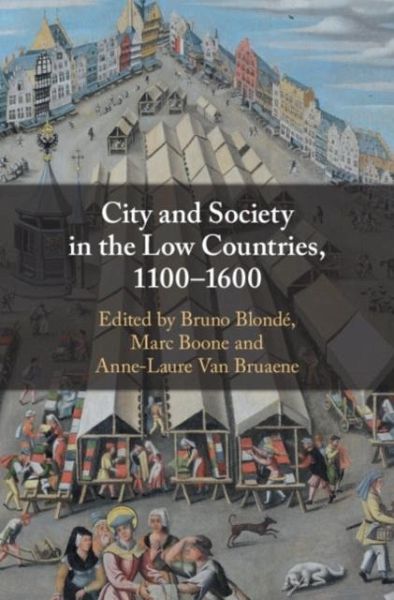
City and Society in the Low Countries, 1100-1600 (eBook, PDF)
Versandkostenfrei!
Sofort per Download lieferbar
75,95 €
inkl. MwSt.
Weitere Ausgaben:

PAYBACK Punkte
38 °P sammeln!
The Low Countries was collectively one of the earliest and most heavily urbanised societies in European history. Present-day Belgium and the Netherlands still share important common features, such as comparatively low income inequalities, high levels of per capita income, a balanced political structure, and a strong 'civil society'. This book traces the origins of this specific social model in medieval patterns of urbanisation, while also searching for explanations for the historical reproduction of social inequalities. Access to cheap inland river navigation and to the sea generated a 'river ...
The Low Countries was collectively one of the earliest and most heavily urbanised societies in European history. Present-day Belgium and the Netherlands still share important common features, such as comparatively low income inequalities, high levels of per capita income, a balanced political structure, and a strong 'civil society'. This book traces the origins of this specific social model in medieval patterns of urbanisation, while also searching for explanations for the historical reproduction of social inequalities. Access to cheap inland river navigation and to the sea generated a 'river delta' urbanisation that explains the persistence of a decentralised urban economic network, marked by intensive cooperation and competition and by the absence of real metropolises. Internally as well, powerful checks and balances prevented money and power from being concentrated. Ultimately, however, the utmost defining characteristic of the Low Countries' urban cultures was located in their resilient middle classes.
Dieser Download kann aus rechtlichen Gründen nur mit Rechnungsadresse in A, B, BG, CY, CZ, D, DK, EW, E, FIN, F, GR, HR, H, IRL, I, LT, L, LR, M, NL, PL, P, R, S, SLO, SK ausgeliefert werden.




